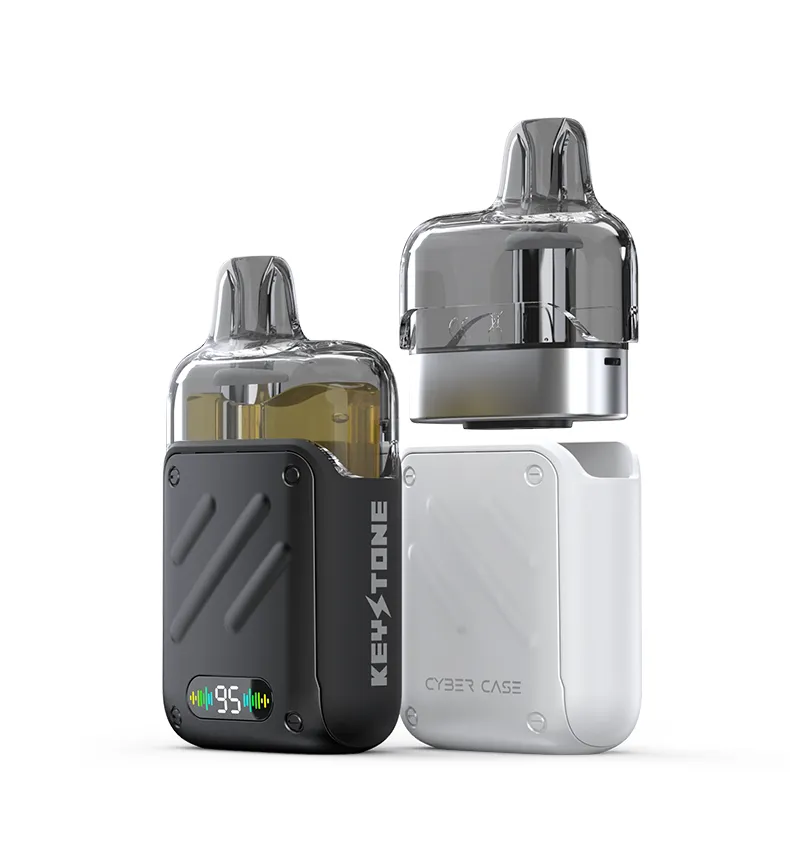Vape Industry Shock: NJOY Ace E-Cigarettes Banned in US Over Patent Violations – What It Means for the Vape Market
Introduction: The NJOY Ace Ban and Its Impact on the Vape Industry
The U.S. International Trade Commission (ITC) has made a landmark ruling that could reshape the competitive landscape of the vape, vapor, and e-cigarette industry. On January 29, 2024, the ITC determined that NJOY Ace e-cigarettes, owned by tobacco giant Altria, infringed on four patents held by Juul Labs. As a result, the commission issued an import and sales ban on the infringing NJOY Ace products, effective March 31, 2024.
This decision has significant implications for fruit-flavored vape manufacturers, disposable e-cigarette brands, and the broader vapor products market. With NJOY Ace forced off shelves, industry experts are questioning:
- Will Juul Labs reclaim its dominance in the US vape market?
- How will Altria respond after investing over $3 billion in NJOY?
- What does this mean for other flavored vape products, including fruit-flavored vapes?
In this in-depth analysis, we explore the legal battle, market shifts, and future of e-cigarettes in the US.
The ITC Ruling: Why NJOY Ace Was Banned
1. Patent Infringement Details
The ITC found that NJOY Ace violated four Juul patents related to:
✔ Pod-based vaping technology
✔ E-liquid delivery mechanisms
✔ Battery and heating element designs
✔ User authentication features
These patents remain valid until 2034 and 2037, meaning NJOY Ace cannot legally re-enter the US market without a licensing agreement.
2. Immediate Market Impact
- Altria has halted NJOY Ace sales nationwide.
- Retailers can sell remaining stock until depleted.
- Juul may pursue similar actions against other competitors using similar technology.
3. Altria’s $3 Billion Bet on NJOY
Altria (parent company of Marlboro) acquired NJOY in June 2023 for:
💰 2.75billionupfront∗∗💰∗∗2.75billionupfront∗∗💰∗∗500 million in additional payments
NJOY was the first FDA-authorized menthol-flavored vape brand, making this ban a major setback for Altria’s vaping strategy.

What This Means for the Vape Industry
1. Juul’s Potential Comeback
Juul, once controlling 75% of the US vape market, has faced its own regulatory struggles. However, this ruling could help Juul:
✅ Regain market share by eliminating a key competitor
✅ Enforce patents against other brands (e.g., Elf Bar, Vuse)
✅ Strengthen its position in menthol and tobacco-flavored vapes
2. The Future of Fruit-Flavored Vapes
While NJOY Ace primarily sold menthol flavors, the case raises concerns for fruit-flavored vape manufacturers. The FDA has already:
⚠ Banned most flavored cartridge-based e-cigarettes (2020)
⚠ Targeted disposable vapes (e.g., Elf Bar, Esco Bars)
Will fruit-flavored disposables face similar patent challenges?
3. Big Tobacco vs. Independent Vape Brands
Altria’s loss highlights the risks of Big Tobacco’s vape investments:
- Philip Morris (IQOS) faced ITC bans in 2021
- British American Tobacco (Vuse) is under FDA scrutiny
Meanwhile, smaller vape brands may exploit this shift by:
🚀 Focusing on synthetic nicotine to bypass FDA rules
🚀 Expanding into international markets (UK, EU, Asia)
Legal & Regulatory Outlook for E-Cigarettes
1. FDA’s Stance on Flavored Vapes
The FDA has never authorized a fruit-flavored vape, citing youth appeal concerns. However:
🔹 Menthol and tobacco flavors have limited approvals
🔹 Disposable vapes remain in regulatory limbo
2. Potential for More Patent Battles
Juul’s legal victory could inspire more lawsuits against:
- Disposable vape brands (Elf Bar, Lost Mary)
- Refillable pod systems (Vaporesso, SMOK)
3. Global Implications
While the US tightens regulations, other markets are evolving:
🌍 UK promotes vaping as a smoking alternative
🌍 EU’s TPD regulations allow 2mL tanks & 20mg/mL nicotine
🌍 China dominates manufacturing but restricts domestic sales
Conclusion: What Vape Businesses & Consumers Should Watch
The NJOY Ace ban marks a pivotal moment for the e-cigarette industry, with key takeaways:
✔ Patent enforcement is becoming a major hurdle for vape companies
✔ Juul could regain dominance, but FDA hurdles remain
✔ Fruit-flavored vapes face ongoing regulatory risks
✔ International markets offer growth opportunities
For vape sellers, diversification and compliance are critical. For consumers, expect:
- Fewer big-brand vape options in the US
- Continued demand for disposables and synthetic nicotine products
- More legal battles shaping the future of vaping
Discover more from Ameca-mall
Subscribe to get the latest posts sent to your email.

